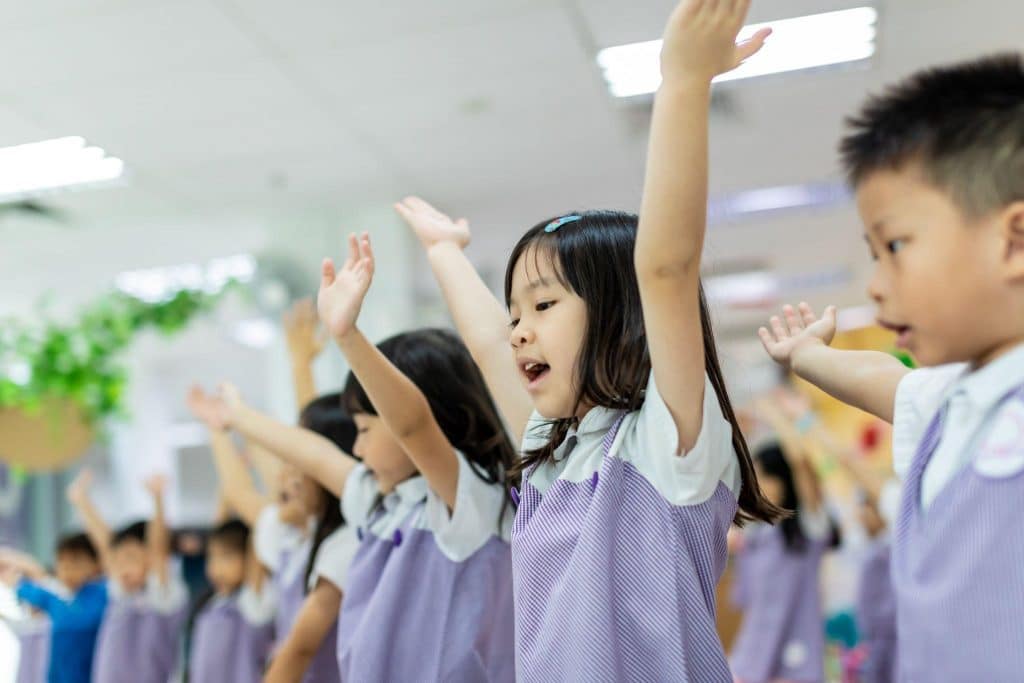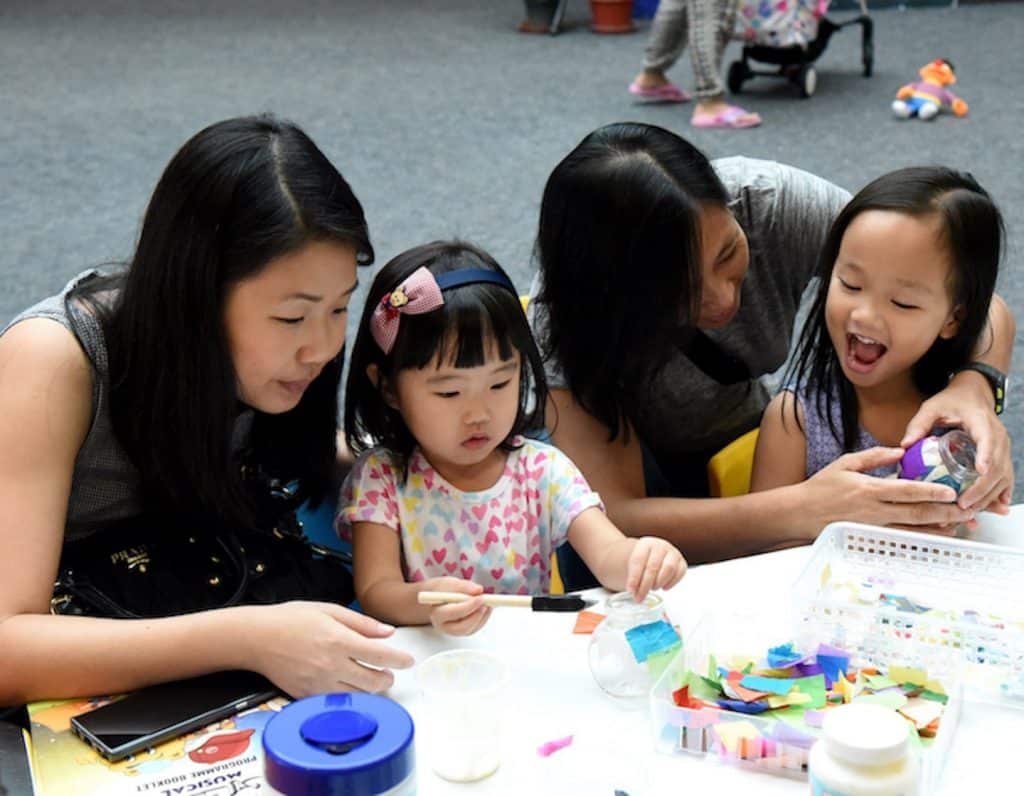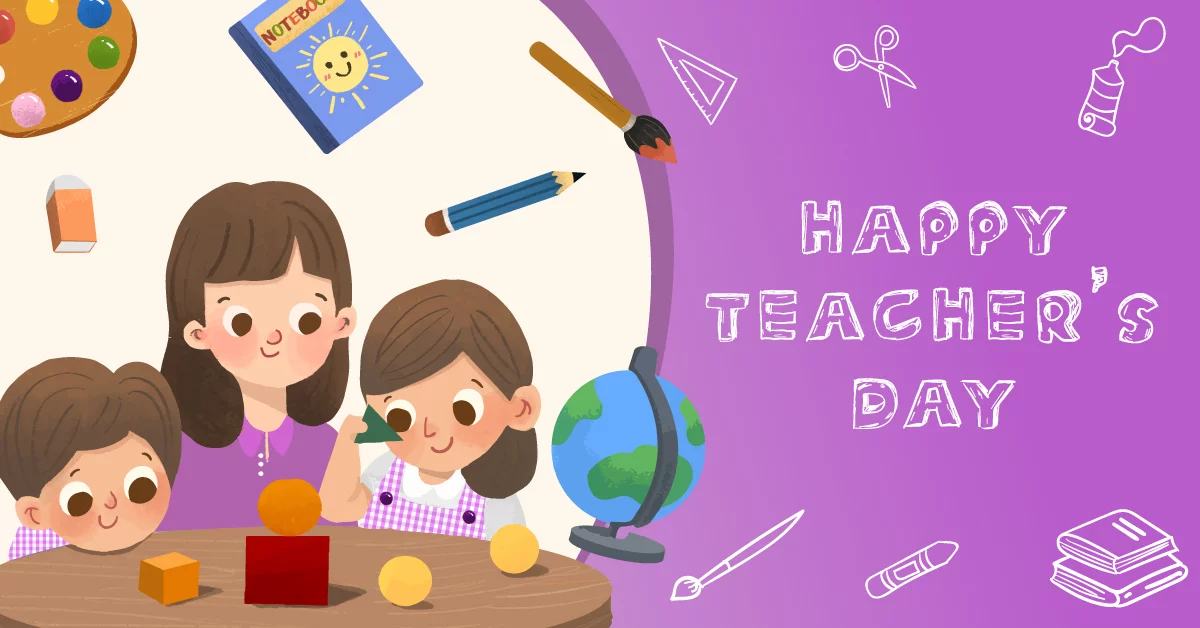
4 Secrets To Help Your Child Adapt in Preschool
4 Secrets To Help Your Child Adapt in Preschool

It’s a big change to embrace when your child starts preschool. It allows children to interact with peers while teaching them valuable life lessons like how to share, take turns, and obey rules. It also helps them academically get ready for kindergarten and beyond.
However, both parent and child do experience some emotions when they leave for preschool. Being in a new environment with unfamiliar teachers and kids can make a child feel both anxious and excited. Parents may feel conflicted about whether or not their child is prepared. Thus, here are some things you can do to ease the transition to help your child adapt in preschool.
1. Practice Saying Goodbye Gradually
Stretching out your separation times gradually several months before school starts is one way to calm preschool fears. To ensure that your child understands that the parting time between you two is normal, it’s important to establish a consistent pattern for saying goodbye. The objective is to gradually increase the number of caregivers with whom children interact so they feel at ease around adults who are not members of their immediate family and understand that they are capable of surviving without their parents. If you’re still worried your child might not adapt, give your child a special keepsake like a keychain bearing your photo or a soft toy, and tell them that it will bring back memories of you every time they touch it.
2. Visit The Preschool Together

Take your kid on a school tour a few days before the big send-off so they can learn where important locations like the classroom, playground, school office, and water fountain are. Find some time at home to play out typical social situations that your child will come across at school, such as how to introduce yourself, strike up a conversation, or ask a teacher for help. Practise one new skill at a time until your child succeeds. Children learn social skills most effectively when you demonstrate what to do rather than telling them.
3. Discuss Your Child’s Concerns
Don’t forget to set aside some time for a conversation with your child about the adjustment to starting school. Remember that even though your child’s concerns may seem irrational, they are real, and they matter. Arriving at a new place and not knowing what to do or where to go increases anxiety. Therefore, give your child “first thing” advice. You might suggest that your child engage in a favourite activity—like building blocks—or try making a new friend who is perhaps playing alone.
4. D-day

On the first day, calmly reintroduce the teacher to your child as you enter the classroom, then take a step back and let them get to know one another. This demonstrates to your child that they are in a safe and happy environment with the teacher.
Always say goodbye to your child with love and consistency, but once you have, leave right away. Don’t drag the process. Leaving without saying goodbye, no matter how alluring it may be, can make kids feel abandoned. On the other hand, a protracted farewell might only serve to confirm a child’s perception that preschool is a bad place. An easy-to-follow goodbye routine can help you say goodbye. Regardless of whether your child is eager or reluctant to start preschool, a member of the school staff ought to be available to assist with the transition when you get there.
Separation phobias are common in kids and will eventually pass. The key is to keep an eye out for a slow rise in assurance and a fall in anxiety. Ask the teacher or counsellor for advice on how to help your child cope if the anxiety persists or gets worse. Keep in mind that the adjustment period could last anywhere from a day to several weeks.
Our Pre-Nursery and Playgroup programmes (18 months – 2 years) place a strong emphasis on child-initiated learning, giving our young people the freedom to discover and engage with their surroundings. Through activities like circle time, puppet play, sensory art, and imaginative play, teachers plan and incorporate language experiences, numeracy, music and movement, aesthetics and creativity, motor abilities, and social connections. These activities help your child improve their gross motor and fine motor skills while also fostering strong relationships with their peers. Our Nursery 1 (2 – 3 years) programmes at Mulberry Learning are designed to offer a variety of activities as limitless as your child’s creativity. Children begin a 3-year structured phonics programme through our signature literacy and numeracy programmes, such as Literacy FunTM and Chinese MasterTM, to help them learn how to blend and decode words in their early reading adventures.
Every parent understands how it feels to have their child do something seemingly “out of character” and wonder…where did he/she pick it up from? Or when you are doing household chores or preparing to go to work, and they picked that exact time on purpose to break something. It can be increasingly frustrating, and it would be easy for you to snap at them. This is how not to set an example.
Mulberry School Tour
Our Locations
Click here to visit our Contact Us page and view the preschool/infant care centres conveniently located near you.
CONNECT WITH US
USEFUL LINKS
About Us
Mulberry Learning prides itself on making the preschool experience both memorable and enjoyable while transforming a child into a competent explorer, an imaginative thinker, and a creative problem solver. Through our proprietary award-winning curriculum, unique Habits of Mind programme and dedicated staff who are passionate about imparting positive attitudes, Mulberry Learning holds strong in its promise to deliver a holistic education that nurtures the Future Ready Child.
A PREMIUM PRESCHOOL BRAND UNDER GLOBAL EDUHUB





